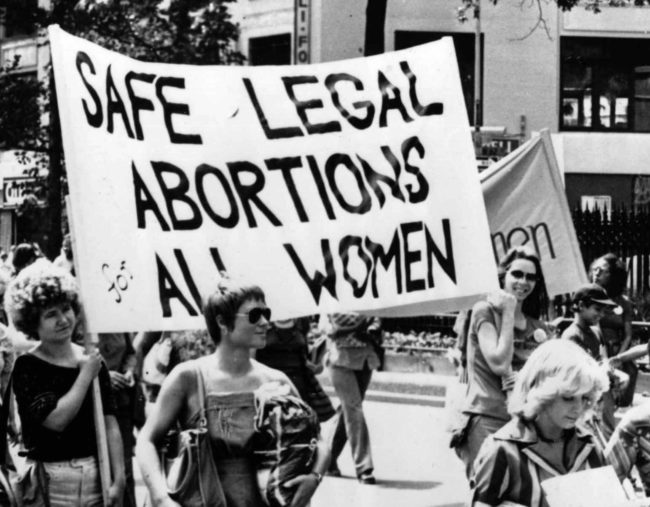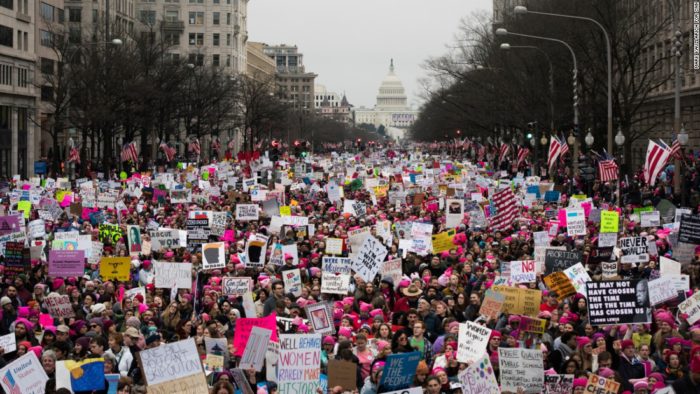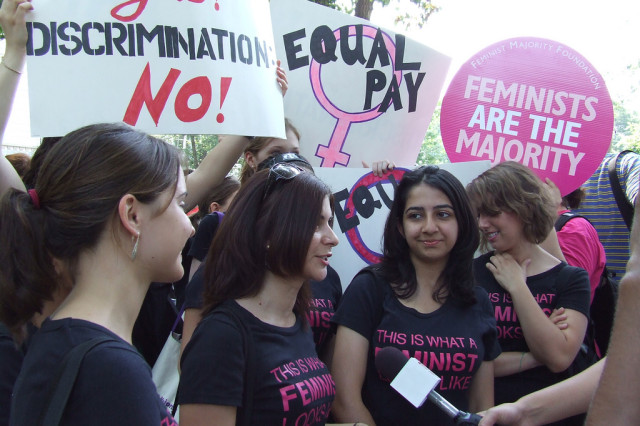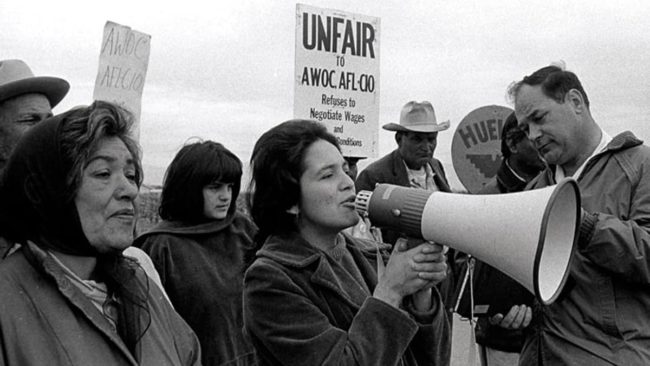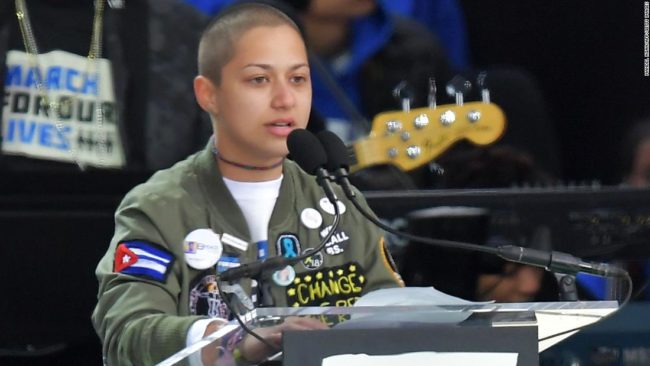I am woman, hear me roar
In numbers too big to ignore
–Helen Reddy (1972)
These classic words in Helen Reddy’s popular song were the battle cry for Second Wave Feminists of my generation whose rage fueled our protests for abortion rights, equal pay, justice for rape victims, equitable divorce laws and much more.
During the ‘90’s and early 2000’s women’s protests waned. Third Wave Feminists acted as if all the work for women’s rights had been completed. They entered medical and law schools in record numbers, rose to executive positions and ran for office. They spewed feminist jargon, but in actuality they were little more than faux feminists.
With Trump’s election things shifted. His misogynist politics awakened women’s rage.
Women flocked to Washington in droves the day after his inauguration, making the January 2017 Women’s March the largest demonstration in Washington’s history. A few months later the #metoo movement erupted. It was remarkable not just for outing famous men who were serial sexual abusers but also for enlarging the feminist umbrella to include women of color and those of differing sexual orientations.
Trump’s presidency has been marked by a draconian effort to roll back women’s gains, which is getting played out in the confirmation hearings of Brett Kavanaugh, whose anti-abortion record threatens to make Roe v. Wade or a woman’s right to an abortion, illegal.
Female rage reached a crescendo following Dr. Christine Balsey-Ford’s announcement that Kavanaugh attempted to rape her when they were both teenagers. Actions are happening across the country this week in support of both Dr. Ford and the latest women who have surfaced to accuse Kavanaugh of sexual abuse.
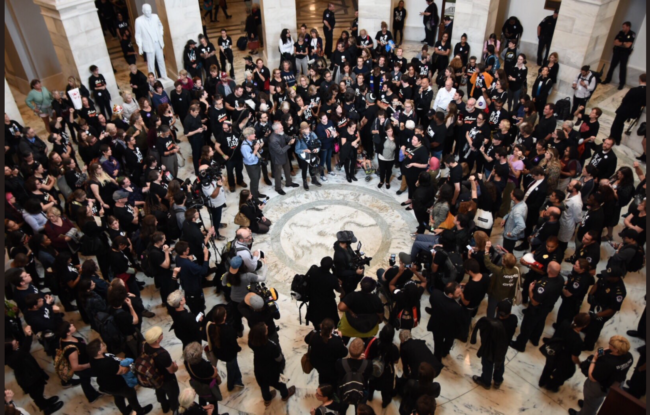
Supporters of Dr. Ford in the Capital Rotunda, all wearing the same shirt, “Believe Women” (9/24/18)
Female anger is complicated.
Many women appear more comfortable voicing their rage in political demonstrations. This is understandable because girls are raised to suppress their anger, to be peacemakers, to seek approval. Growing up in the ‘50’s whenever I would express anger my mother would caution me, “No one likes an angry girl.” Her own anger was suppressed, manifested in somatic complaints and frequent illnesses.
In a sense women are at a cross roads in our politics. Now that we are owning our rage anew, it’s up to older women, veterans of political actions, to educate our daughters, granddaughters, and nieces not to fear their anger, but to recognize it as a signal that something in their lives needs to be addressed and not forced underground.
Women have to own the word “rage” and wear it like a badge of honor.
If it weren’t for female rage Sojourner Truth wouldn’t have been instrumental in ending slavery; the Suffragettes wouldn’t have secured women’s vote; Dolores Huerta wouldn’t have spearheaded the United Farm Workers Movement; Rosa Parks wouldn’t have sparked the civil rights movement; Alica Garza, Patrisse Cullors and Opel Tometi wouldn’t have started “Black Lives Matter.”
If it weren’t for female rage Codepink, the women’s peace and justice group, wouldn’t be a constant presence on Capital Hill protesting our bloated military budget and endless wars; Ava Duvernay wouldn’t be making films showcasing racial inequalities; Emma Gonzales, the 18 year-old student activist wouldn’t be an advocate for gun control; the Guerrilla Girls wouldn’t have made the world aware of the miniscule number of female artists in major art museums; Nuns on the Bus wouldn’t be challenging the patriarchy in the Catholic Church.
Owning and expressing our rage is a soulful act. When rage is expressed collectively it’s the essence of sisterhood. It’s a game changer.
